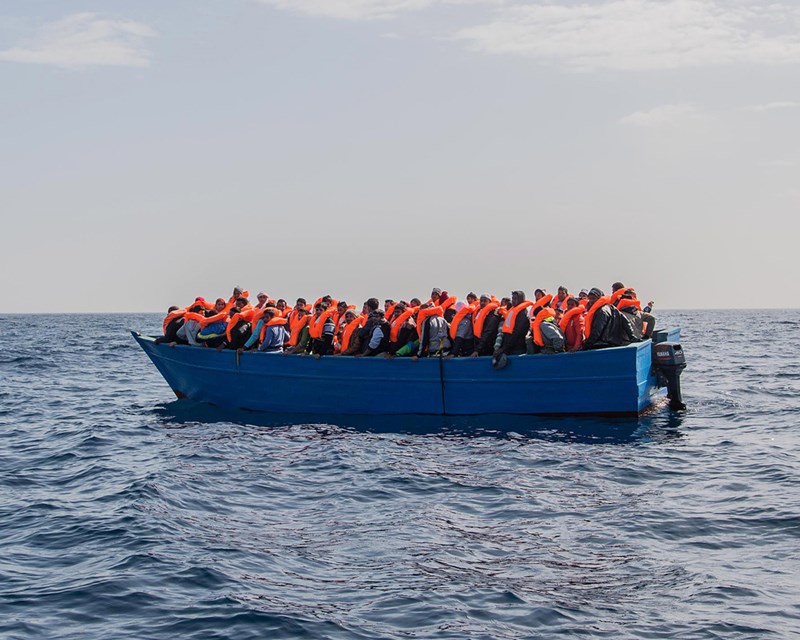Refugees are barometers of conflict. When war, violence and persecution swells around the world, so too do their numbers. At last count, more than 51 million people worldwide had been forced to flee their homes, a chaotic mass of refugees, asylum seekers and displaced people large enough to rival the population of South Africa.
This nomadic army grows by the second. In 2013, some 32,200 people abandoned their homes each day, crossing countries and borders in a frantic quest for sanctuary. Half were children. All were desperate.
“Peace today is dangerously in deficit,” António Guterres, UN High Commissioner for Refugees (UNHCR), says directly. “What we're seeing here are the immense costs of not ending wars, of failing to resolve or prevent conflict.”
Guterres is closeted in a side room on the fringes of a UNHCR-backed conference in Sharjah, UAE. The event, headlined by Jordan’s Queen Rania, hopes to draw a spotlight to the mounting number of child refugees in the Middle East. Talk, inevitably, is dominated by Syria, a country that has become a byword for brutality and mayhem.
A sustained three-year campaign of bloodshed has left more than 200,000 dead, and birthed more refugees than any other conflict of the past two decades. Its grim effects have reverberated across the region, spilling into Iraq, Lebanon, Jordan and Egypt, and show no signs of abating.
“This is now a war that everybody is losing; nobody here is winning,” he says, pausing to sip a coffee. “It has become the most dramatic humanitarian crisis of the last decade. It is not only a terrible threat for regional stability, but also a clear threat to global peace and security. It has to end.”
Guterres is concerned with the aftermath. As head of the United Nations’ refugee agency, his is the last port of call for some of the world’s most vulnerable people. The agency is a safety net, delivering protection and emergency aid to refugees and, increasingly, battling to preserve their right to seek asylum in the face of tightening border controls.
Officially, 11.7 million people fall under UNHCR’s wing. In reality, millions more are on its books, ranging from those trapped miserably within conflict zones, to the scores of stateless people worldwide, ‘legal ghosts’ whose lack of a passport leaves them stranded on the margins of society.
Behind the data lie countless personal stories. From girl brides in Afghanistan, to villagers fleeing Islamic extremists in Nigeria, UNHCR’s wards increase every day. So much so, that the agency’s attention, staff and funds are at breaking point. The numbers are frightening, and still rising.
“I think the multiplication of crises everywhere, and the mega-crisis in Syria, have made clear that the humanitarian community as it exists in the world today is no longer able to cope with the challenge,” Guterres says frankly. “While I believe honestly that we are doing our best, we are doing what we can, it is very clear that what we are doing is not enough.”











